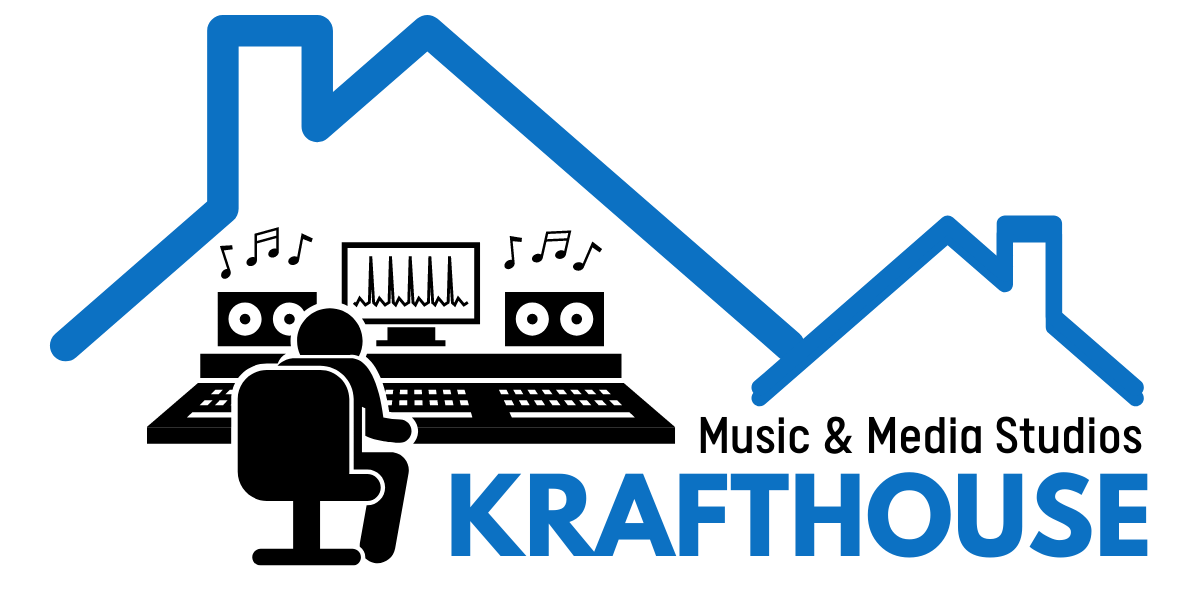The microphone is one of the most important tools in any recording studio. Whether you’re recording lead vocals, background harmonies, or spoken word performances, the right microphone can elevate your sound, capturing every nuance of your voice. Choosing the best microphone depends on your genre, vocal tone, recording environment, and budget. With so many options available, understanding the strengths of different microphones will help you make an informed decision. ✨
Dynamic microphones are a staple in live performances, but they also have their place in the studio. They are rugged, handle high sound pressure levels (SPL), and reject background noise well. One of the most popular dynamic mics for studio vocals is the Shure SM7B, known for its warm tone and ability to capture detailed vocals without excessive brightness. This mic is a go-to choice for podcasters, hip-hop artists, and rock vocalists. The Electro-Voice RE20 is another excellent option, often used for broadcasting and spoken word recordings due to its natural sound reproduction and ability to reduce proximity effect issues. ️
Condenser microphones, on the other hand, are the industry standard for studio vocal recordings because of their sensitivity and ability to capture subtle details. Large-diaphragm condensers like the Neumann U87 are renowned for their clarity, warmth, and ability to bring out the character in a singer’s voice. For those on a tighter budget, the Audio-Technica AT4040 offers impressive sound quality at a fraction of the price. If you’re looking for something with a bit more color and vintage character, the AKG C414 is an extremely versatile mic that allows you to switch between multiple polar patterns for different recording situations. ️✨
Ribbon microphones are less common in modern studios but can provide incredibly smooth and natural-sounding vocals. These microphones, such as the Royer R-121, capture high frequencies in a softer, more musical way than condenser mics, making them ideal for warm, vintage-style vocal recordings. Ribbon mics tend to be more delicate and require careful handling, but their sonic character can be unbeatable for certain genres, especially jazz, classical, and soul recordings.
When choosing a microphone for your vocals, consider factors such as polar pattern, frequency response, and sensitivity. A cardioid microphone is the most common choice for studio vocals because it rejects sound from the sides and back, keeping the focus on the singer. If you’re recording multiple singers or need more room ambience, an omnidirectional or figure-8 pattern mic might be a better fit. Frequency response is also critical—some microphones emphasize high-end detail, making vocals sound crisp and bright, while others are more neutral or warm, better suited for deep or soft vocalists. ️
Testing different microphones is always the best approach if you have the opportunity. Each singer’s voice interacts differently with a microphone, and what works beautifully for one vocalist might not be ideal for another. The room you’re recording in also plays a role; a microphone with a tight pickup pattern and good off-axis rejection is better for untreated spaces, while more sensitive condensers shine in acoustically treated environments. ️
At Krafthouse, we understand that the right microphone choice can transform your recordings. That’s why we offer a variety of top-tier microphones to match different vocal styles and recording needs. Whether you prefer the warmth of a ribbon mic, the detail of a condenser, or the punch of a dynamic mic, our engineers are here to help you find the perfect fit for your session. ️
